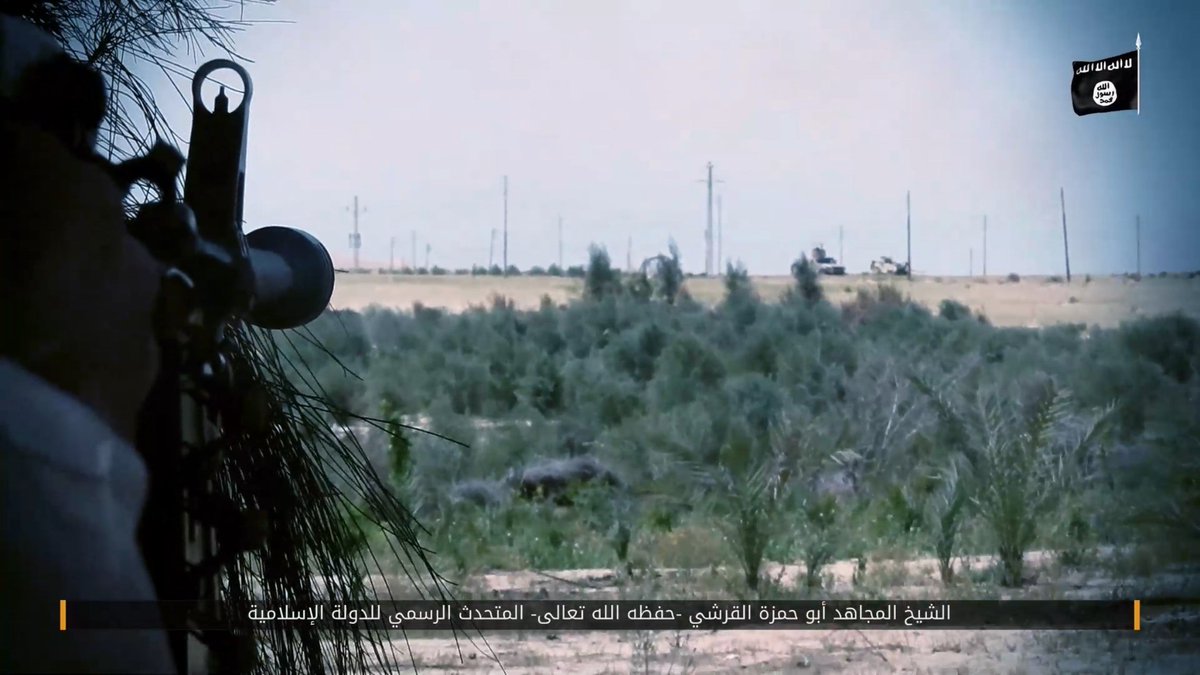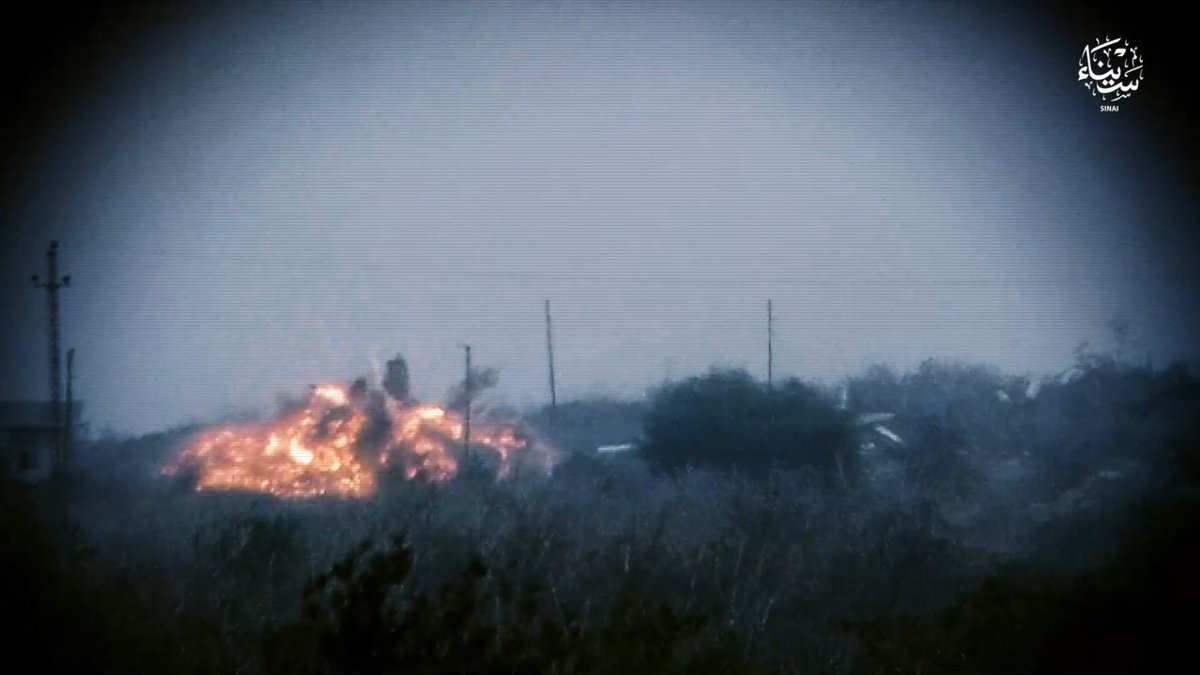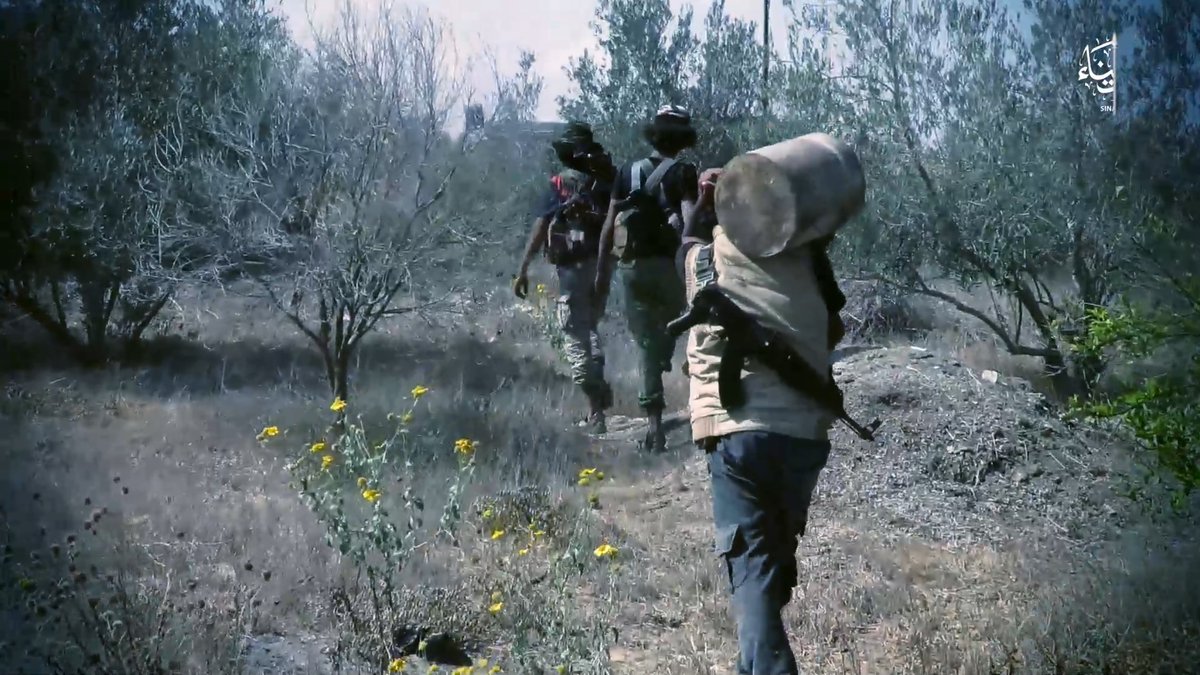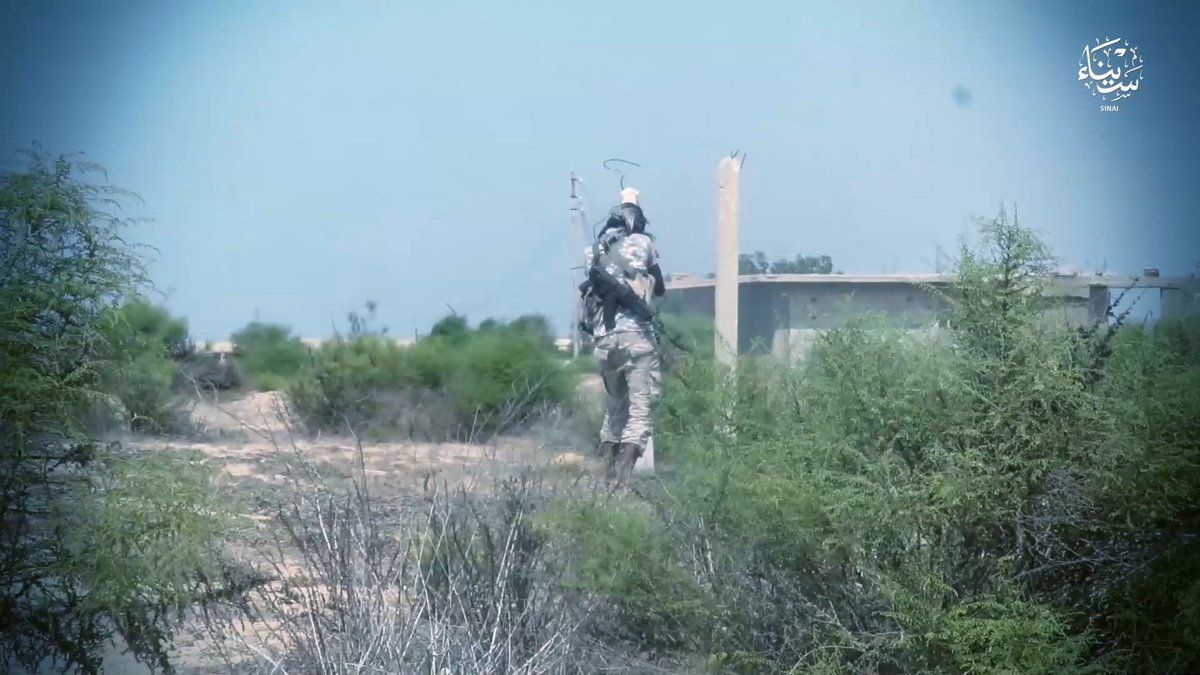What if an attacker just compromised Orion with an exploit like a normal attacker? Or pivoted into its memory space from elsewhere?
What's the difference?




[Large Thread] We've heard a lot about arms transfers from Gaddafi's stocks around the world, but often news articles are vague as to detail.
— C\u1d00\u029f\u026a\u0299\u0280\u1d07 O\u0299s\u1d04\u1d1c\u0280\u1d00 (@CalibreObscura) May 17, 2019
So, one weapon that you would have seen me tweet about a lot is the AK-103-2. This is essentially a 7.62x39mm version of the AK-74M.
1/ pic.twitter.com/pgY66eKOVf
